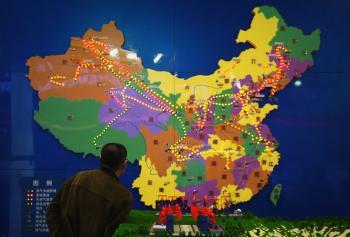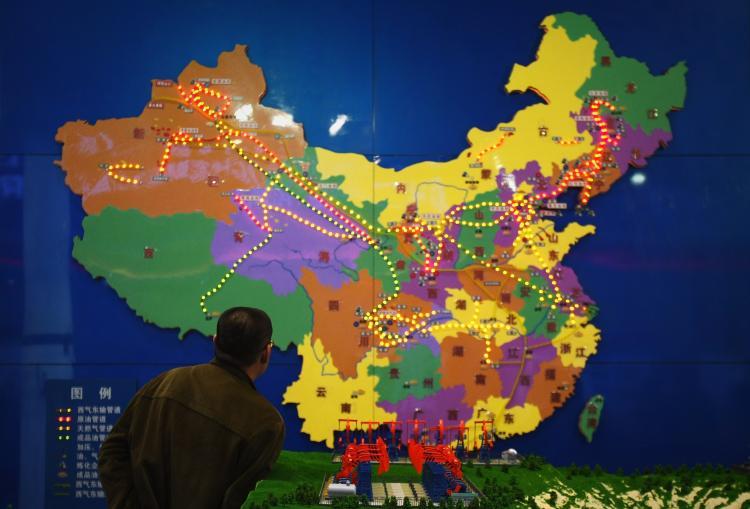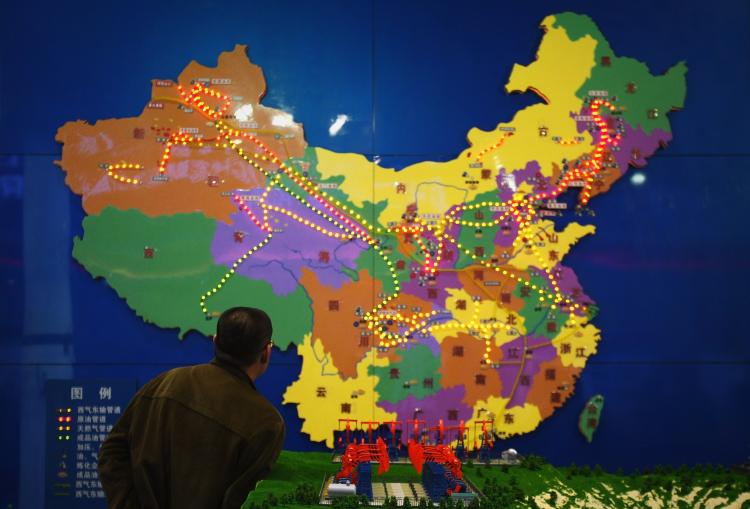The report, which was compiled by Australia’s Centre for Independent Studies, asserts that the Asian region will be established as the center of global economic and political power through the twenty-first century and concedes that America’s economic might is on the decline.
Titled Why America will lead the ‘Asian Century,' it refutes, however, the prevailing view that China will be the “paramount power” as expressed by South East Asian authority Dr. Milton Osborne or that America could be superseded by China’s superior approach to power as Joshua Kurlantzick argues in his book How China’s Soft Power Is Transforming the World. (Kurlantzick’s book was one of the gifts given by Australian Prime Minister Kevin Rudd to then U.S. President George Bush on their first meeting).
“The United States remains well placed in Asia,” the report asserts.
While it is true the United States “spends more on defence than the next 10 powers combined” the report says it is a misconception that it depends solely on “hard” power.
“America relies on the approval and cooperation of other states in Asia to remain dominant,” the report said.
Distrust of China
Author of the report Dr. John Lee, a visiting fellow with Washington’s Hudson Institute, says that there is much good will toward the United States in the Asian region but the present Chinese regime has few allies.
“In China’s case, China is quite literally the most distrusted rising power in world history,” he told the ABC.
“If you look at China’s strategic situation they have land disputes with Russia and India that are still outstanding, they have maritime disputes with Japan, the Philippines, with Indonesia, and with Vietnam. China has very few genuine allies in the region, its only allies are North Korea, Burma, two basket case countries.
“China is actually in a very poor strategic position and even though China presents enormous economic opportunities for the region, the region still views China as a potential strategic enemy in the future.”
China is the only Asian country that is dissatisfied with its current territorial and maritime borders, Dr. Lee states in the report, pointing to disputes that include Taiwan, its claims to four-fifths of the South China Sea, and its longstanding fractious relationship with India, particularly over India’s eastern regions.
While countries in the Asian region are benefiting from China’s economic growth, they are less than excited about its strategic ambitions with most Asian countries deliberately forging stronger ties with the United States, he says.
“It [China] certainly has ambitions and that’s part of the worry other Asian states have. However what you’ll see is that as China rises, other countries like Japan, like India are already balancing against China and band wagoning with the Americans.
“Even smaller countries like … Indonesia and Malaysia have all moved closer to Washington strategically, not further away,” he said.
Dr. Lee said policy makers in the United States and other Asian regions including Australia risked losing the opportunity to contain China by polarizing relations in terms of China versus the United States and shutting out other countries in the region.
This approach would only empower the Chinese regime and force countries like Australia into a position of appeasement, said Dr. Lee.
The full report is available on the Centre for Independent Studies at http://www.cis.org.au/






